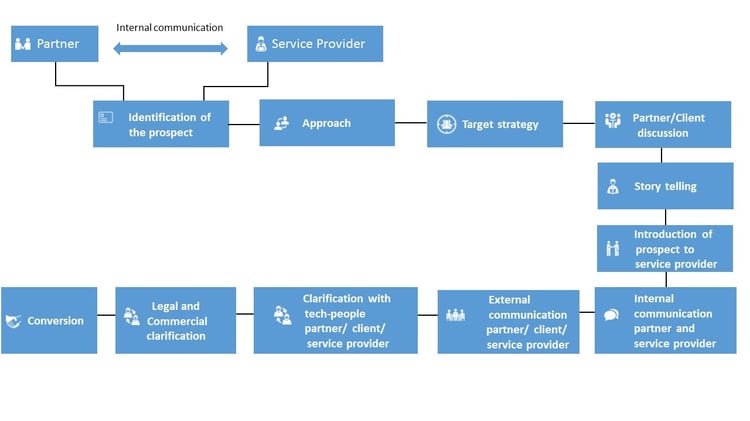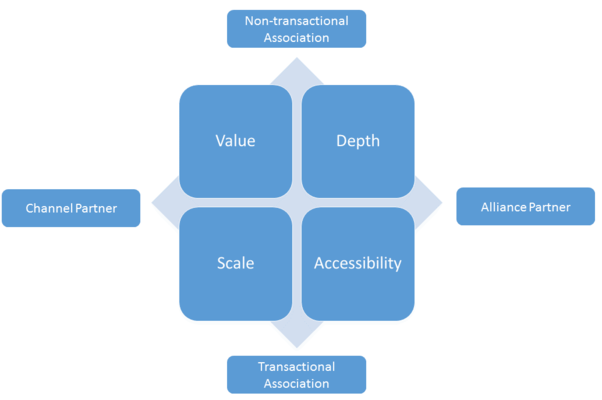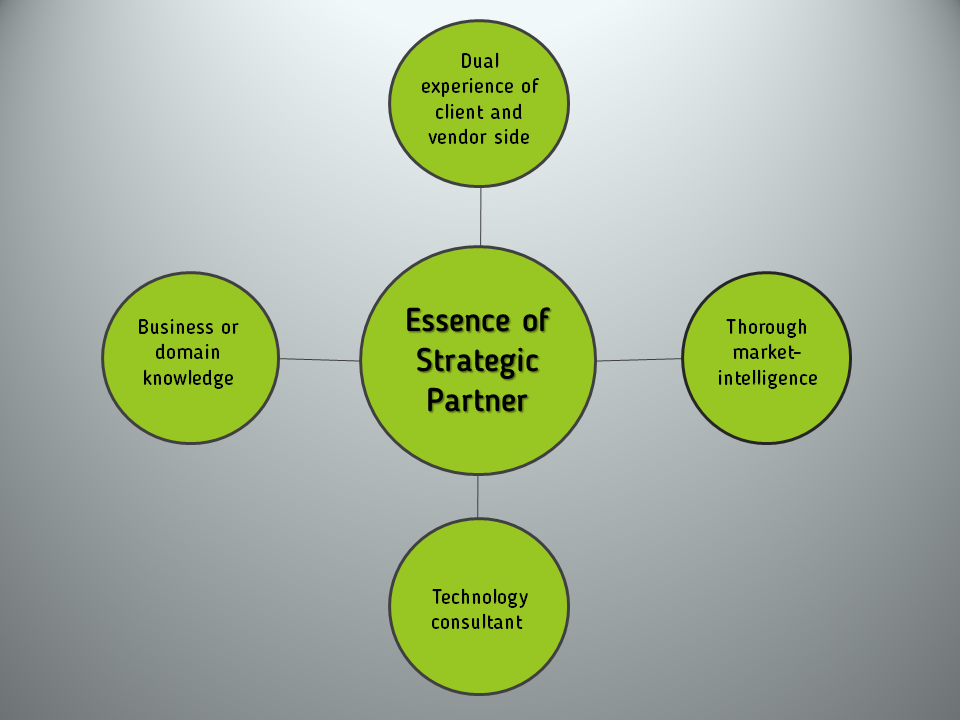Alliances have become an integral part of IT service providers in order to achieve and sustain a competitive world. If two companies or entities join forces with each other, they can triple their strengths and can overcome their weakness in the business world. Alliance formation can provide access to broad range of market along with latest technologies. They not only increase your brand scope but maximize the customer base and boost product and service offerings.
There are variety of reasons for forming alliances. Few of them may include being updated with latest technologies, economical dependence, and intercultural differences and achieve a market share. These reasons are far enough to form an alliances.
Though, there are multiple advantages to form an alliance, there are different types of alliances providing benefits according to type of your business needs and situations.
In this blog, I am going to share my insights upon Conventional Alliances and Strategic Alliances.
Service providers pursuing a Conventional Alliances approach tend to follow a single-minded strategy. In this approach, the service providers immediately after entering into an agreement with the partners proceed onto the prospects which are identified or introduced by the partners.
Conventional Alliances approach does not implicate any involvement or may be minor involvement of the partner once the prospective client is handed over to the service provider, unless the partner is keen as the concept is more of like match making like in case of matrimonial services. After the client is introduced to the service provider, they apprehend the requirements of the client which is usually followed up with a proposal on the basis of the intelligence which is shared by the partners beforehand. As soon as the entire evaluation process is accomplished from both ends the proposal is forwarded to the client for approval.
Though, the partner is in loop during the entire communication, he does not or hardly plays a major role in decision making despite of being an experienced entity. In Conventional Alliances, the sole responsibility of the partner is to just introduce the client which can be a disadvantage for some use cases.
Hence, to overcome such situation the service providers are moving towards Strategic Alliances. In Strategic Alliances, the partner is an important entity during the entire customer engagement life cycle starting right from finding and sizing the prospect until delivery.
Under Strategic Alliances a joint approach is being followed wherein the partner searches for the prospect through various social media channels and some network groups, to establish non-formal relationship which eventually leads to business discussion and lands up in business. But in this scenario the discussions are extremely at micro-level. The client also shares the several business intelligence and day to day statistics for instance, gross margin and the desired operation margin which are usually the loop required to be wisely addressed as such discussions helps in quick hand shake. Moreover, the partner under this approach enjoys unlimited flexibility to share their experience about the service provider with whom they are aligned both on business and non-business front, in short partners are empowered with more story telling. Similarly, the person on the other side of the table gets the feeling of relieve that a person of their origin has extreme reach within the partner company. Thus, making the conversion process much easy, as multiple information are continuously shared.
Below is an illustrative for the complete process of Strategic Alliances.

The technical expertise, experiences and the opinions of the partner are equally important to a service provider while forming a Strategic Alliances. The complete involvement of the partner results into positive outcome for both the parties with a larger revenue and client satisfaction.
However, the success of Strategic Alliances is based upon trust, support, compatibility and commitment between service provider and partner. Once all are accomplished the benefits are numerous.



